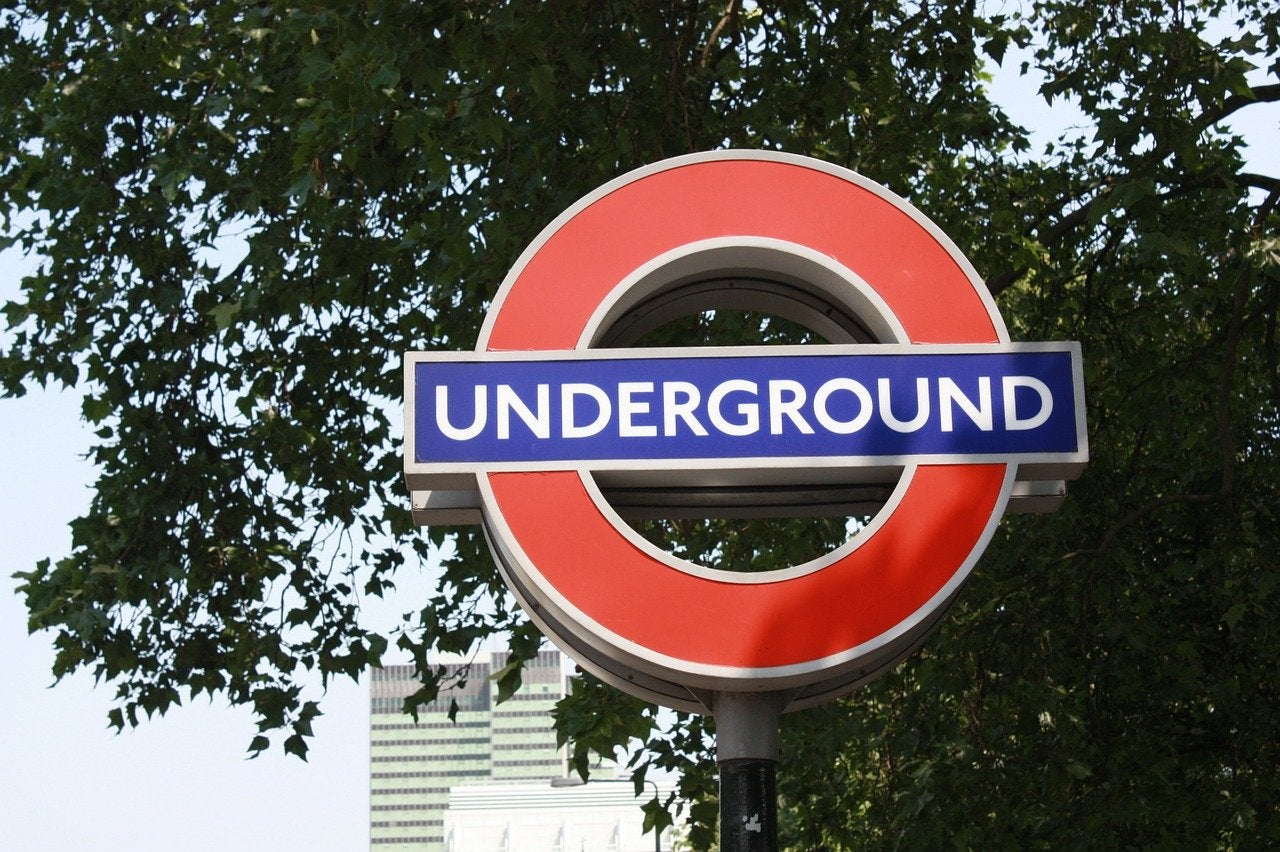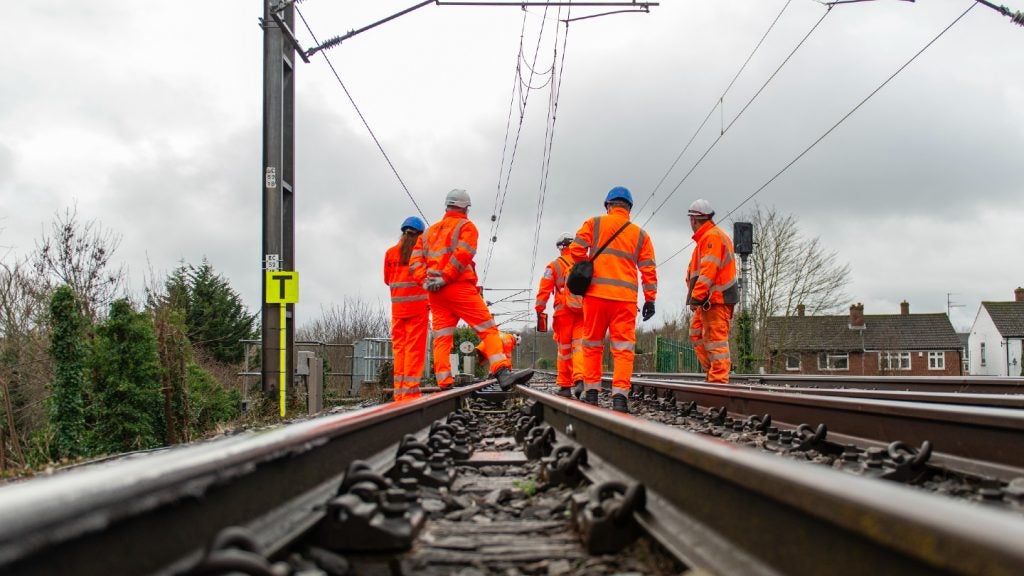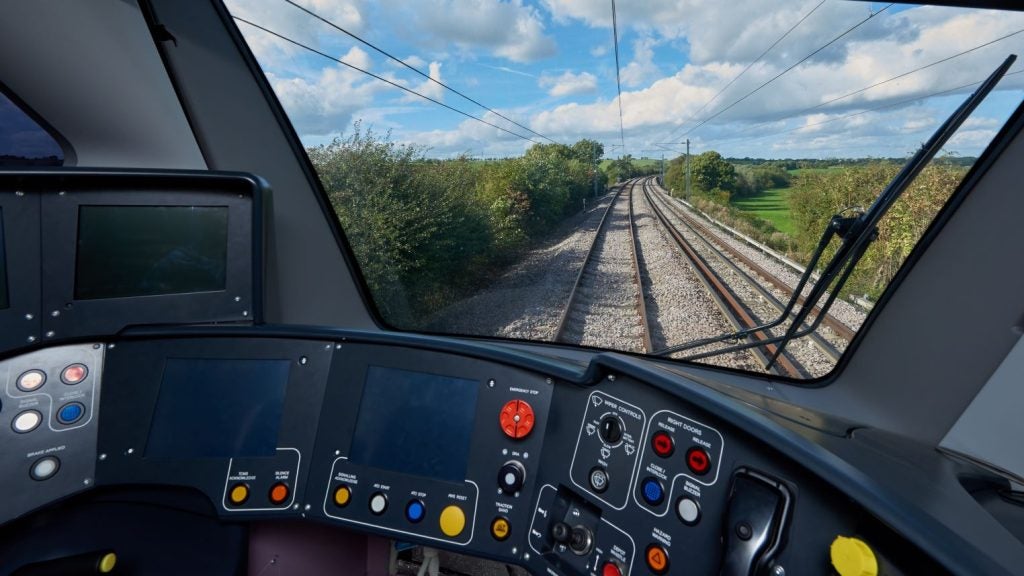
The UK Government has agreed to another extraordinary economic relief package for Transport for London (TfL) worth £1.08bn.
The move – which was announced yesterday and will provide financial support until 11 December – is the third since the pandemic hit London and follows previous emergency measures set in April and October 2020, totalling over $4bn.
In exchange, the government has asked TfL to introduce initiatives including delivering £300m in savings in the 2021-2022 fiscal year and identifying between £500m and £1bn from new sources of revenue from 2023. The proposed plan also requires a review of the pension scheme agreeing to the automation of one underground line.
“This £1.08bn financial package will support London and its transport network through the pandemic, and ensure it is a modern, efficient and viable network for the future,” commented Transport Secretary Grant Shapps. “Throughout this process, the government has maintained that these support packages must be fair to taxpayers across the UK and on the condition that action is taken to put TfL on the path to long-term financial sustainability.”
How well do you really know your competitors?
Access the most comprehensive Company Profiles on the market, powered by GlobalData. Save hours of research. Gain competitive edge.

Thank you!
Your download email will arrive shortly
Not ready to buy yet? Download a free sample
We are confident about the unique quality of our Company Profiles. However, we want you to make the most beneficial decision for your business, so we offer a free sample that you can download by submitting the below form
By GlobalDataThe political response: an unfair price for Londoners
In a letter dated 27 May 2021, London Mayor Sadiq Khan voiced his concerns regarding the measures that TfL will need to implement in exchange for the recovery funding.
Addressing the letter to Shapps, Khan argued that demands such as the delivery of £300m in such short notice is almost impossible and feels like a punishment to Londoners who have followed the government’s directives and stayed home.
Another concern voiced by Khan is the need to raise between £500m and £1bn from 2023, as it will require drastic measures that will affect London poorly, including extending the Congestion Charge zone and raising council taxes.
“If you wish London to raise such a sum from within current powers, the government must be honest with Londoners and outline which of the above options you want to force London to implement just as we are seeking to recover from this pandemic,” he wrote.
Responding yesterday to Downing Street announcement, the Mayor explained that while the deal is far from perfect, City Hall managed to oppose the more drastic measures.
Speaking about the sum to be raised from 2023, Khan said that “There are very few options to do this and forcing TfL to impose draconian additional measures on London would be unacceptable.”
As for the driverless trains, the Mayor reiterated his objection to the project. “I’ve made it crystal clear to ministers that we will object to any future requirement to force TfL to implement driverless trains on the London Underground,” he said. “It would cost billions of pounds and would be a gross misuse of taxpayers’ money at this critical time for our country.”
The industry response: more needs to be done
The agreement received criticisms also at the industry level, with bodies such as the Railway Industry Association (RIA) criticising the short-term timeframe the plan has set out.
“Given the long-term nature of rail projects and the importance of certainty around upcoming work for the supply chain, transport bodies such as TfL cannot continue to operate on a series of short-term funding packages,” explained RIA chief executive Darren Caplan.
“The Railway Industry Association and our members have long called for a multi-year financial settlement for TfL, similar to Network Rail’s five-year Control Periods, which would provide the certainty that rail businesses need to support London’s railway, and deliver critical upgrades, as increased passengers and freight return to the network.”
London Transport Commissioner Andy Byford argued that despite the last relief package, TfL will need to find further funding.
“The conditions placed on us by the Government agreement and the amount of funding we will receive means we need to find a further £900m of savings or new income this year compared to our approved Budget and on top of the £730m of savings already assumed in our Business Plan,” he commented.
“We will work through this while protecting front line services to deliver what London needs and to play our full part in recovery, decarbonisation, improving air quality and promoting active travel.”
With a few reservations, both RIA and TfL accepted the plan but the National Union of Rail, Maritime and Transport Workers (RMT) did not, calling the agreement “a disgraceful stitch-up of a deal.”
“It will be resisted by our members whether it comes from Whitehall or City Hall through London wide industrial action if necessary,” commented RMT general secretary Mick Lynch.
“With funding only lasting until December London is being held to ransom with a gun to its head rather than being given the long-term stable funding deal that is necessary to rebuild the economy as we move out of lockdown.”






